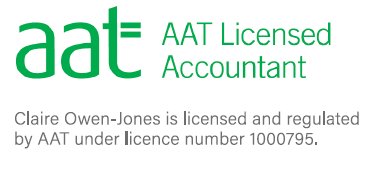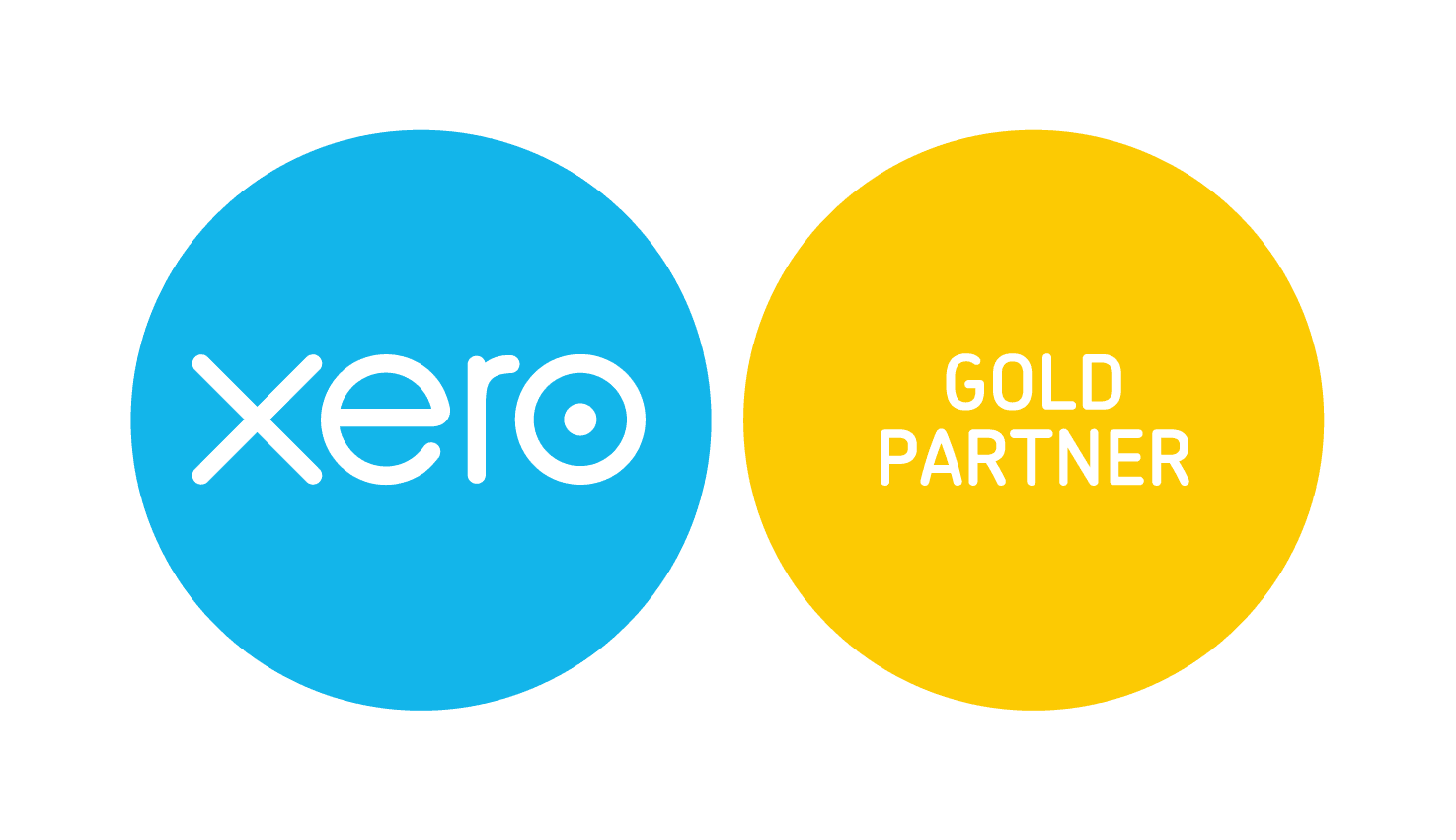There are times in our life when we want the best.
We might want the best photographer for our wedding, buy the best car we can afford, live in the best house in our area, eat the best food and so on.
But sometimes we don’t want the best.
Sometimes we just want something that will do.
Sometimes we just want something that isn’t going to be a bit rubbish.
And that’s not a bad thing. There are plenty of times in our lives when we just want non-rubbish stuff.
Let’s say you’re heading from one client meeting to another and you need to get some lunch. You’re more likely to go to McDonalds and grab a burger that you know isn’t going to be rubbish, over driving around trying to find a high-dining restaurant so you can tuck into a two Michelin star eight course taster menu.
You want something to eat. You’ve found something to eat. It wasn’t rubbish. Job done.
So, why would aim for “just not rubbish” when choosing an accountant?
There are so many accountancy firms out there it can be hard to choose.
Large ones, small ones, office based, home based, online, offline, all ranging from the phenomenally expensive to the ridiculously cheap.
They offer management accounts, advisory work and FD services and all the other extras that you might have no idea whether you need or even know what the hell they are.
But what if you simply need an accountant to complete your tax return. Or file your Limited Company accounts. And you don’t want to pay loads, but you want it done properly.
Then because you’re not after all the bells and whistles, maybe all you need to do is try to find a non-rubbish one?
So where do you start?
Should I search based upon qualifications?
Firstly, it may be worth mentioning that anyone can call themselves an accountant. You need zero qualifications and have zero experience to be able to do that.
Now, as a disclaimer, a qualification does not make a good accountant. There are very highly qualified accountants who are rubbish. There are non-qualified accountants who are very good at what they do.
However, at least having a qualification shows that the accountant has dedicated a part of their life to taking exams and continues to invest in ongoing training to maintain that qualification. It doesn’t mean you’ll like them, but it should give some guarantee that they are at least competent. It’ll also mean that you’ll have someone to complain to should something go wrong, but hopefully that’ll never happen.
Returning to my point; there are lots of accountancy qualifications out there – CTA, ACCA, AAT, ATT, ICB, IAB and so on.
I am not here to tell you that one is more rubbish than another. Because rubbishness is subjective.
If you run a small business, you’re a freelancer, a subbie, a one-man (or woman) band. Then a “lower” qualification like the ICB or IAB is absolutely fine, will fit the bill and will certainly not be rubbish.
If you run a larger business, have complicated tax affairs, are a high-net worth individual then go for the Charter or Certified accountants with the CTA and ACCA badges. Don’t try to cut costs here, or you’ll run a higher chance of getting rubbish.
To digress slightly, software badges, such a SAGE or Xero, are not qualifications. They just show that the accountant pays a monthly subscription to these companies. It doesn’t even mean they can use the software in question. I thought I’d just throw that in.
Should I choose based upon price?
It is very easy to try to spend as little as you possibly can on something that you don’t really care about.
It is equally as easy to assume that anyone who is very cheap is also pretty rubbish.
However, I believe that there are two reasons why cheap may mean rubbish and a further two reasons why cheap may mean nothing of the sort.
So, let’s start with the two reasons why cheap may mean rubbish.
The first is that the accountant isn’t qualified. On one level this means that they don’t have the overheads of a qualified accountant such as our professional subscriptions, ongoing training and insurance costs to cover. On another level it might mean that they are going to knock out any old thing in five minutes and charge you for it.
The second is that the accountant lacks experience. I’ve heard of numerous examples where accountants have recently passed their exams and then they charge less to gain some experience. Now whilst this isn’t as risky as the first example I gave, think of it in the same way as you would going into the hairdressers and having your hair cut by the trainee. It may take longer, cost you a bit less and you get a good haircut. Or you could end up with a wonky fringe or bald.
So, now the two reasons why cheap may not mean rubbish at all.
The first is that the accountant works from home.
As technology slowly seeps into the accountancy industry, it is far easier for an accountant to set up shop in their own house. For this reason, there has been a surge in one-man band accountancy firms. Due to the decrease in overheads they can often considerably undercut the larger office bound firms. So, instead of getting rubbish cheap, you can bag a highly qualified accountant at a bargain price.
The second reason is that the accountancy firm has a business model that revolves around offering a cheaper service. They can almost be like call centres, sometimes even with outsourced, overseas accounts departments. So, whilst they may lack a personal touch every now and again, they shouldn’t be rubbish. In fact, if you’re after cheap, they could be perfect.
Should I decide based upon communication?
Not everyone wants to talk to their accountant. Oddly, some people find us dull. But communication is important.
We all have our preferred communication method so if you find an accountant who doesn’t communicate in the same way as you, this can often have a massive impact on how you view the services they provide.
You don’t want to be left in the dark. Not having your questions answered or your accounts explained properly.
What I recommend doing is finding an accountant you think looks okay and then contacting them. Just ask them a question. It could be about tax, or their prices or for some basic advice, anything.
If you like emails, then email them. Phoning, then phone them. If you work on your accounts during the evening, then see if you can talk to someone on an evening, or a weekend, possibly through their social media accounts, whatever suits you.
Then wait. See how long it takes for you to get a response and judge whether you are happy with it.
Are you happy to wait 3 days for a reply to your email? Are your calls being answered but you can never speak to the person you want to? Do you want to arrange a meeting, but they can’t fit you in for two weeks? Are they responding instantly but does it feel automated?
If you’re not happy at the start, then you are unlikely to be happy at the end. So, whether you are paying £50 or £500 for your tax return, if no one will talk to you, you’re going to think your accountant is pretty rubbish.
Should I narrow it down based upon work styles?
You may want to put all your paperwork into a carrier bag and drop off at your accountants on the way to work.
You may want to stuff a pre-paid envelope with your receipts each month. Or fill in an excel spreadsheet.
Maybe, you use or would like to use some accounting software.
It is always worth finding an accountant who can accommodate the work method that you prefer. It is also worth noting that the work method that you prefer, will also have an impact on the service that you receive.
Accountants who ask to see your paperwork on a regular basis are more likely to be in regular contact. As with everything, this may not be the case in every situation, but it’s what you would expect.
If you find an accountant who insists that you use an accounting software that you have no interest or motivation to use, then you are going to hate doing your bookkeeping and find them a right nag.
The flip side is if you want to use accounting software, but your accountant won’t support that or advises you against it then you risk building up a bit of resentment there.
Most accountancy firms are clear on their website or in the initial meeting, how they like to work. So, if it doesn’t suit you then walk away at that point.
In summary
Try to find an accountant who is qualified. As us accountants love a badge, we’ll have them on our website and marketing materials, so we make them nice and easy to find.
ICB and IAB are typically bookkeeping qualifications but often the bookkeeper is licenced to do tax returns and accounts as well. AAT is a licenced accountant, ACCA is certified and CTA is chartered and there are several others that fit between these three.
Keeping qualifications in mind, then look at cost and do your best to ensure you are happy with why the accountant might be at the cheaper end. It isn’t always a sign they are rubbish but sometimes it is. Pay peanuts get monkeys didn’t come from nowhere.
Get in touch with your chosen accountant(s) and see how long it takes for them to respond and if you are happy with that response. You need to find someone who you can talk to.
Finally, check that their working methods suit you. Can you drop off your records in a carrier bag or do they want you to do the bookkeeping yourself on accounting software? If you have to change how you work too much, you’re just not going to do it.
So, if you've got to the end of this and have started to wonder if maybe I might be a good fit, I'll tell you that I am licenced with both the AAT and ICB, I work from home, I use Xero and my preferred communication is email. And as most of my clients are parents, I answer emails on the evenings and weekends as well because I know you're busy. Just so you know!







